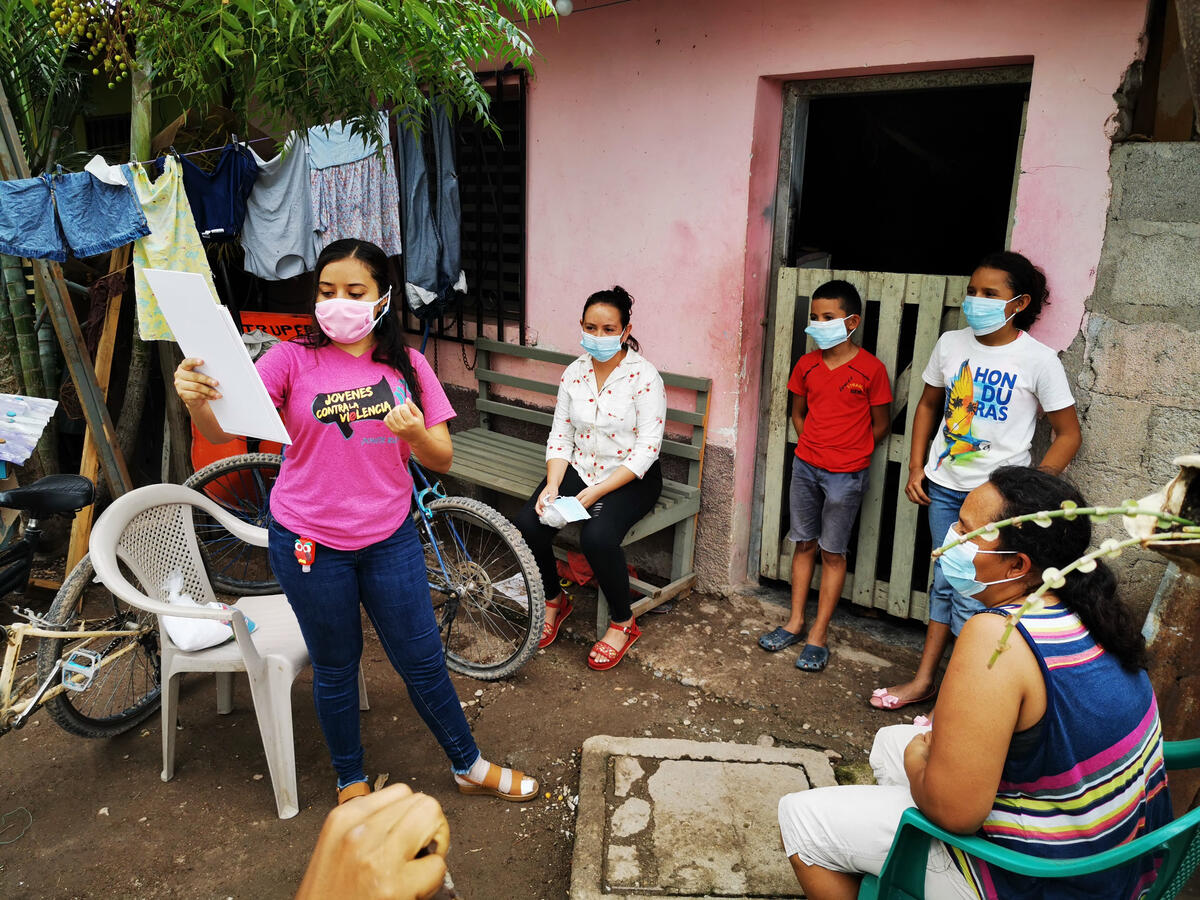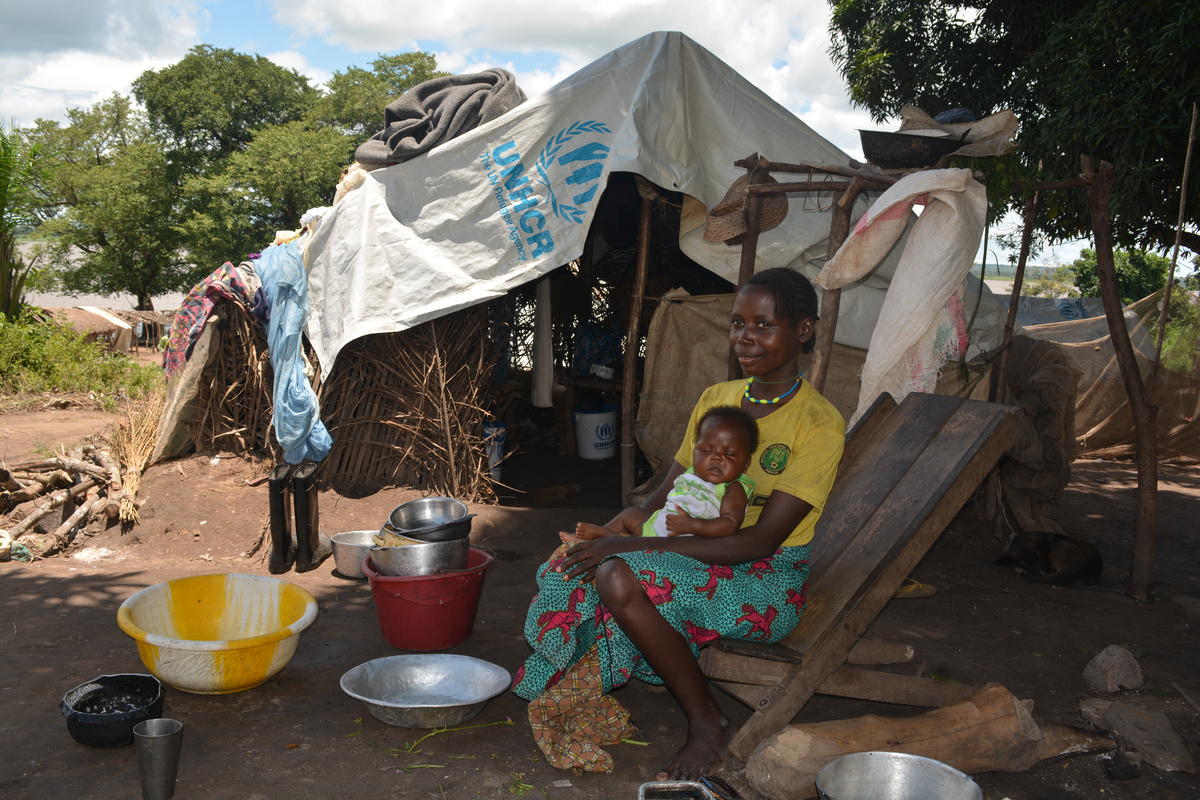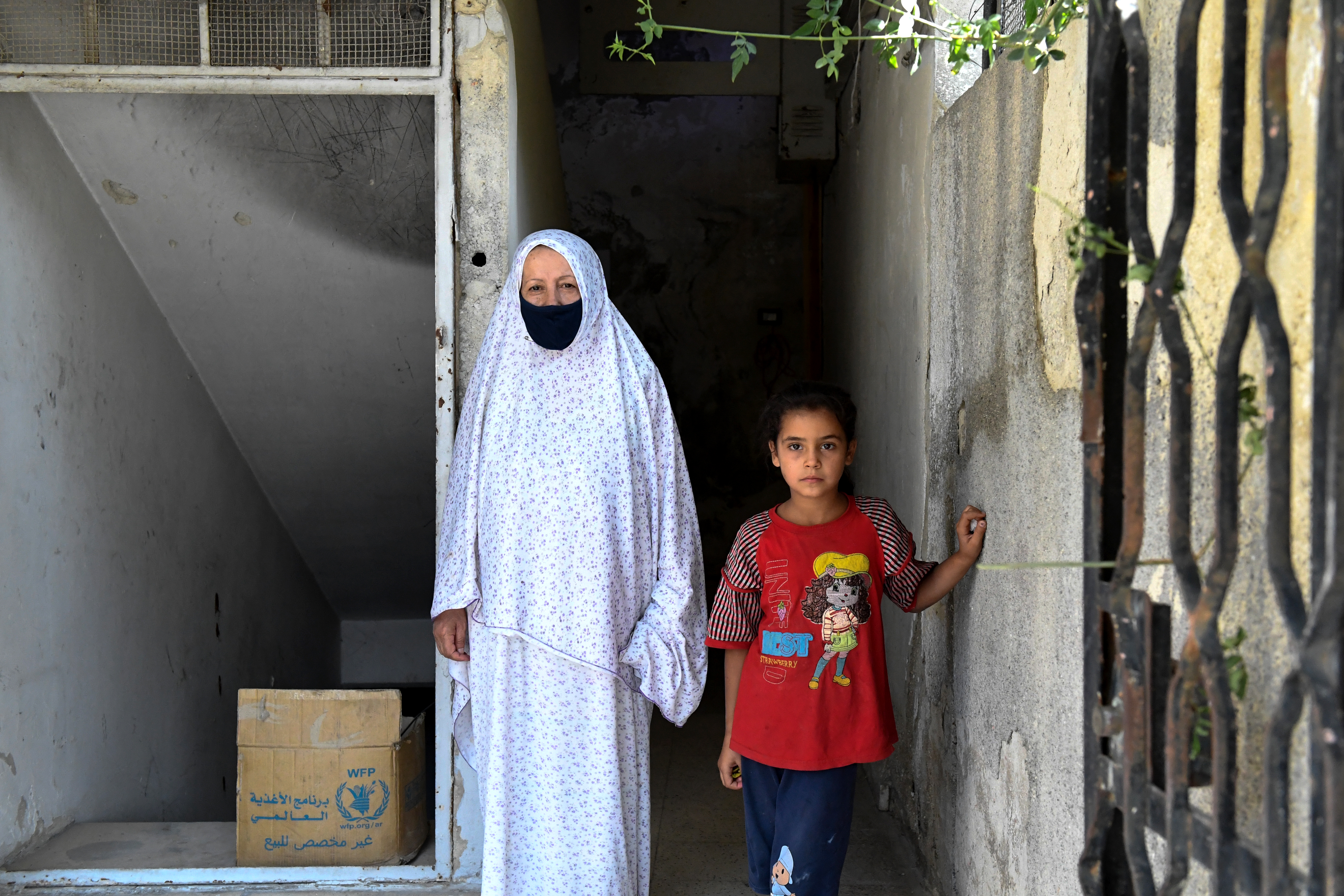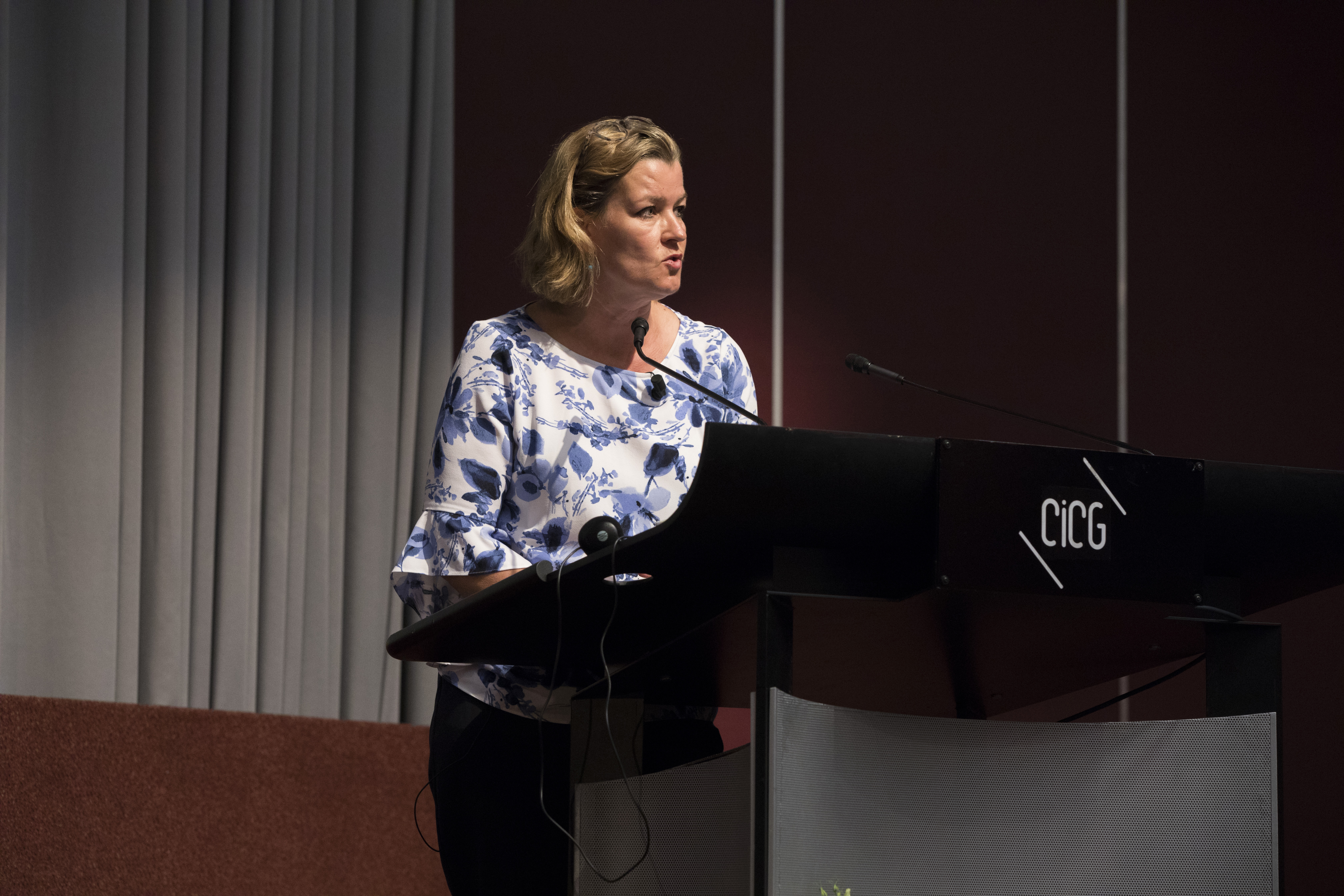NGOs to gather for annual meeting with UNHCR
NGOs to gather for annual meeting with UNHCR

GENEVA, September 23 (UNHCR) - More than 160 non-governmental organisations (NGOs) and international organisations have dispatched representatives to attend the UN refugee agency's annual NGO-UNHCR consultations opening Wednesday in Geneva.
The three-day meeting of UN officials and more than 200 NGO representatives comes just days before the opening of the annual gathering of UNHCR's 61-member state Executive Committee, known as ExCom.
UNHCR's consultations with the private voluntary organisations that play a major part in its worldwide assistance operations are commonly referred to as "Pre-ExCom". The meetings give NGOs working with refugees, as well as agencies concerned with human rights, a chance to raise their concerns about refugee protection and relief programmes with senior UN refugee agency staff.
UN High Commissioner for Refugees Ruud Lubbers will address the meeting on Wednesday, as will the agency's senior legal officer, Erika Feller, who heads its Department of International Protection. The meeting will close on Friday with an address from Kamel Morjane, UNHCR's Assistant High Commissioner, who oversees the agency's assistance operations.
Pre-ExCom will be held in the Palais des Nations, the UN's European headquarters in Geneva.
The annual encounter between UNHCR and its NGO partners has been taking place for more than 20 years, but has evolved significantly over time, bringing together an ever larger number of NGO representatives and UNHCR staff, said Craig Sanders, Co-ordinator of UNHCR's NGO Liaison Unit.
"It brings a large number of NGO partners together to review issues of concern to us, including refugee protection and our operations," said Sanders.
Ed Schenkenberg, Co-ordinator of the International Council of Voluntary Agencies, an NGO umbrella agency, agreed. "We are a major stakeholder, as NGOs, in the debate at ExCom," he said, stressing that UNHCR's meetings with NGOs help to create a bridge between the NGO community and governments serving on the refugee agency's Executive Committee.
"Pre-ExCom is an annual stock taking of the relationships between NGOs and UNHCR to identify common problems and challenges to better respond to refugee problems," added Schenkenberg.
Among the topics up for review by NGOs at the Pre-ExCom consultations is the UN refugee agency's Agenda for Protection - the first comprehensive framework for global refugee policy in five decades, combining clear goals and objectives with suggested activities to strengthen refugee protection. Other issues include refugee security, the prevention of sexual exploitation and the problem of HIV/AIDS.
More broadly, both UNHCR officials and NGO activists say this year's meeting will explore areas for improving co-operation and partnership between the refugee agency and the NGO community.
"There is a partnership in regards to sub-agreements," said Askale Binega, Great Lakes delegate for Africa Humanitarian Action (AHA), referring to the contracts that UNHCR draws up with its co-operating NGOs. "But there is no real partnership at the field level between UNHCR and national NGOs."
She added, "When we look into what the partnership should be, both sides need to sit down to look at the proper channels that need to exist to develop the relationship between the two parties."
UNHCR's Sanders agreed there is a need to improve the linkages between his agency and the NGOs that actually do much of the hands-on work assisting refugees and which are often financed by the UN.
"We are unique in the UN system in the degree to which we work with NGOs," said Sanders. "More than 20 percent of our budget, over $200 million this year, goes to finance NGOs that assist and protect refugees."
He added, "The fact that we are working together so closely sometimes adds to the tension between NGOs and UNHCR. There are clearly opportunities for improving the linkage."
AHA's Binega said she is looking for an endorsement at Pre-ExCom of more field-based efforts for UNHCR to establish closer working relationships with national NGOs.
"In spite of all the difficulties, there's a lot of hope to enhance the partnership between national NGOs and UNHCR," she said.









